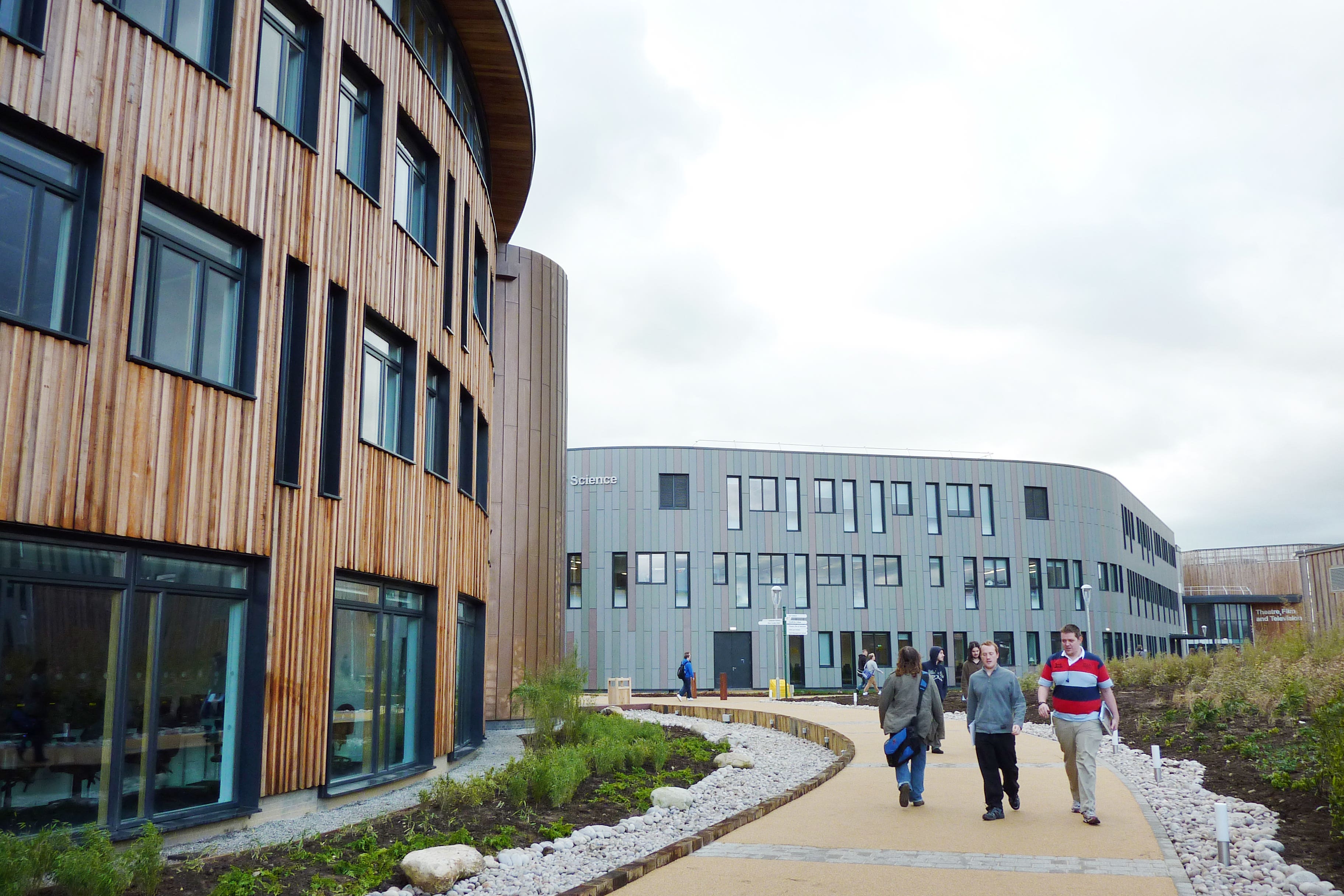Quarter of students taking on new debt to cover higher living costs – survey
More than nine in 10 higher education students reported their cost of living had increased compared to last year.

Your support helps us to tell the story
From reproductive rights to climate change to Big Tech, The Independent is on the ground when the story is developing. Whether it's investigating the financials of Elon Musk's pro-Trump PAC or producing our latest documentary, 'The A Word', which shines a light on the American women fighting for reproductive rights, we know how important it is to parse out the facts from the messaging.
At such a critical moment in US history, we need reporters on the ground. Your donation allows us to keep sending journalists to speak to both sides of the story.
The Independent is trusted by Americans across the entire political spectrum. And unlike many other quality news outlets, we choose not to lock Americans out of our reporting and analysis with paywalls. We believe quality journalism should be available to everyone, paid for by those who can afford it.
Your support makes all the difference.Half of students have reported experiencing financial difficulties after seeing a sharp rise in their cost of living and a drop in income, new data has found.
The reported development has led to more than three-fifths of students saying they are cutting back and spending less on food shopping and essentials, as budgets are increasingly stretched, according to experimental data from the Office for National Statistics (ONS).
The ONS’s survey of students in higher education suggested financial concerns were having a significant impact on their well-being and learning.
If working people are finding things a real struggle, then the picture is also proving challenging for people in higher education
More than nine in 10 higher education students reported that their cost of living had increased compared to last year, driven by a more expensive food shop, higher rents and gas and electricity bills.
Some 2% of respondents said they were not worried about rising living costs.
While half of the students surveyed said they had financial difficulties, 15% of these reported them being “major” difficulties.
A significant proportion of students had resorted to taking on more debt in response to higher living costs, the ONS found.
A quarter said they had taken on new debt, which included borrowing more money or using more credit than usual, which two-thirds reported doing so because their student loan was not enough to support their living costs.
Some universities have taken steps to support students as the cost-of-living crisis worsens.
The data is only experimental but shows many students are worried about how they are going to make ends meet
Glasgow Caledonian University said it would be offering all its students and staff free breakfasts for the next three months amid a “challenging time” for many.
And the University of Manchester announced it was handing out a one-off payment of £170 to all its full-time students, as part of a £9 million support scheme.
Meanwhile, student unions have been stepping in to help struggling students cope with soaring food costs.
But the ONS said the financial concerns were putting many students off further education.
More than three-quarters of those surveyed expressed concern that rising living costs would affect how well they did in their studies, as many claimed to be skipping lectures or conferences to save money.
And a third of students reported they were now less likely to do further study once they had completed their course.
Helen Morrissey, senior pensions and retirement analyst at Hargreaves Lansdown, said: “If working people are finding things a real struggle, then the picture is also proving challenging for people in higher education.
“The data is only experimental but shows many students are worried about how they are going to make ends meet.
“It’s taking a clear toll, with over three-quarters saying their situation could affect how well they do in their courses which in turn could affect their career and future long-term wage prospects.”